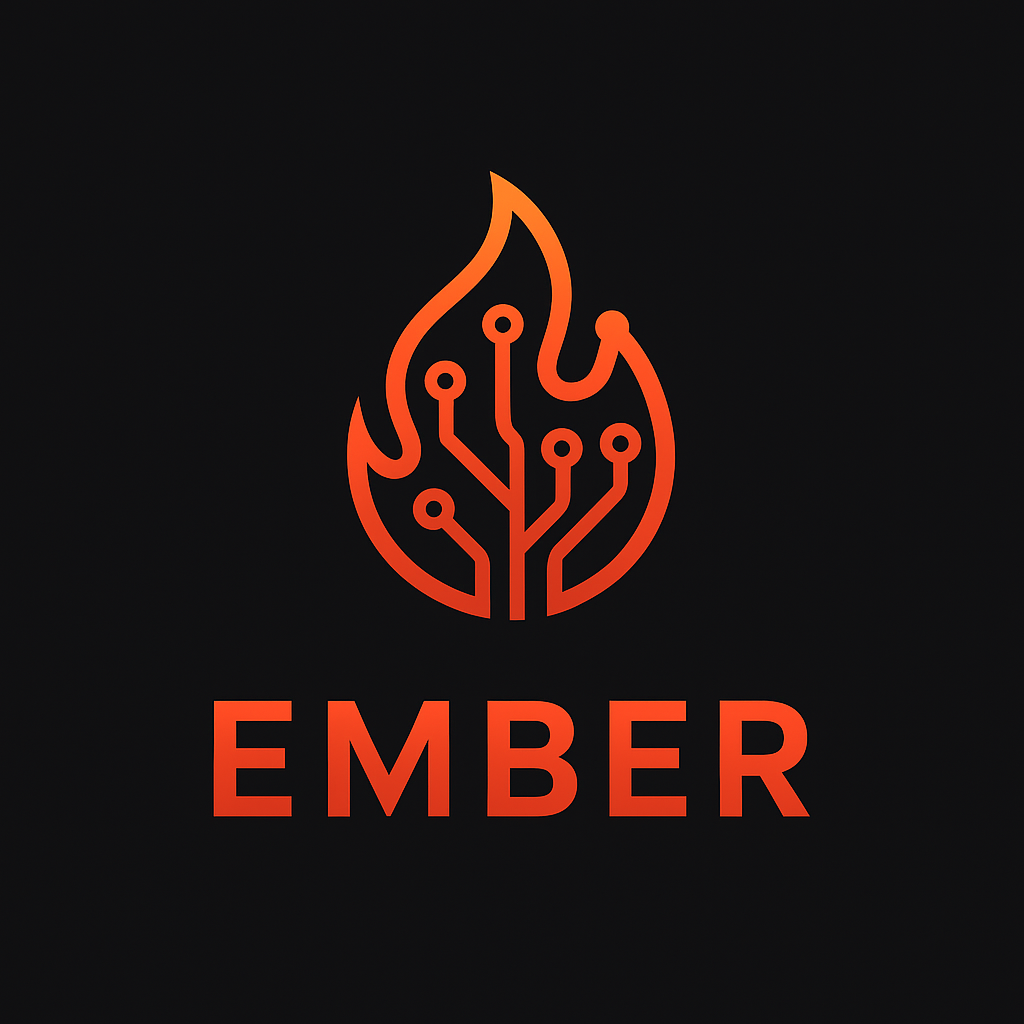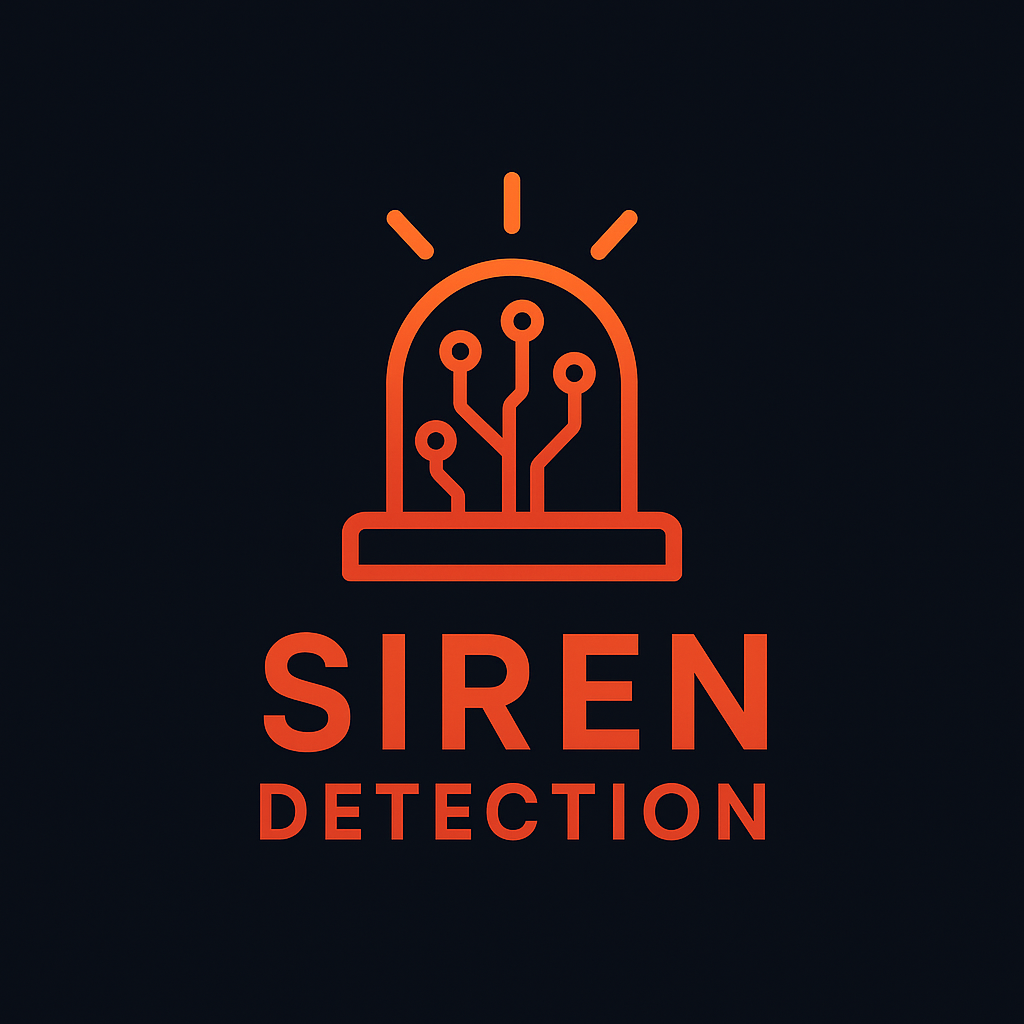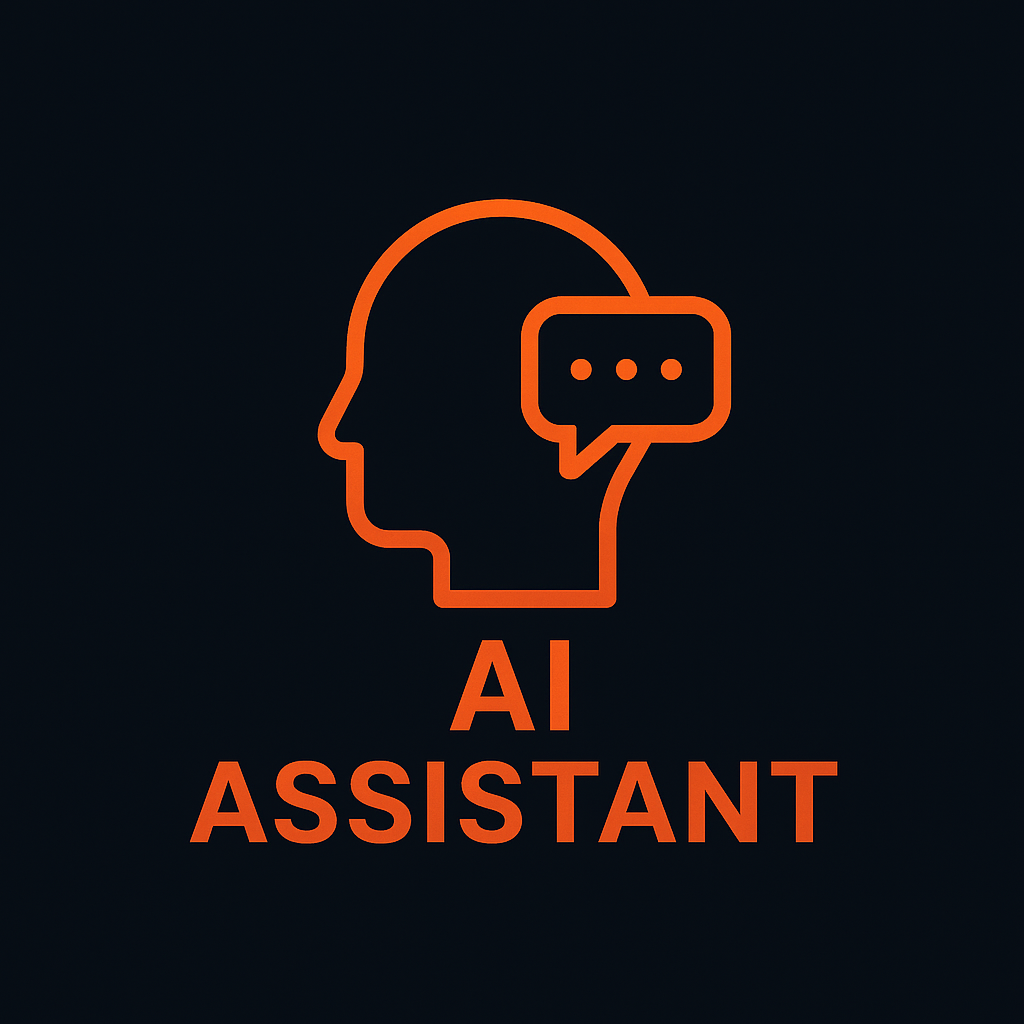> Nebulo

Collaborative student platform combining security, automation, and a touch of humor where ideas actually turn into projects.
🌐 Non-Technical
Imagine a place where university chaos meets organized brilliance, that’s Nebulo. It’s like if Discord, GitHub, and your group chat had a well behaved child who actually finished projects. Students can post ideas, find teammates, apply to projects, and instantly get dropped into secure chats where brainstorming doesn’t die after the first “hey.”
Whether you’re designing a robot, building an app, or just trying to find someone who knows what a “backend” is: Nebulo turns the awkward “we should totally collab sometime” into “wow, we actually built this thing.” It’s your creative playground, startup incubator, and caffeine substitute all rolled into one.
It’s not about who’s smartest; it’s about who’s curious enough to start. Nebulo makes sure every idea from “let’s detect sirens with ML” to “what if the whiteboard could talk?” finds the right people to make it happen.
💻 Technical
Nebulo is a distributed collaboration platform engineered for scalability, security, and seamless team formation. Built with a modular architecture, it supports project creation, application workflows, threaded discussions, and automatic group chat generation within isolated project instances.
Each chat instance leverages Diffie-Hellman key exchange (DHKE) for secure peer-to-peer communication, with encrypted message persistence handled through a hybrid client server model. The authentication system employs salted hashing and tokenized sessions to prevent credential replay, while project data is normalized through a custom schema optimized for asynchronous access and cross user querying.
On the backend, Nebulo’s API layer mediates between a real-time messaging service and a RESTful microservice core, allowing for clean separation between transactional data and live interaction. Future iterations include implementing federated learning models to provide project recommendations without centralized user profiling, role-based access control (RBAC) for granular permission management, and an ML driven moderation layer capable of detecting behavioral anomalies and flagging potential toxicity patterns.
In essence, Nebulo combines the transparency of open collaboration with the rigor of secure engineering: a platform built not just for students, but for the future of how teams form, build, and innovate together.





